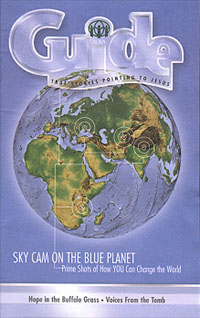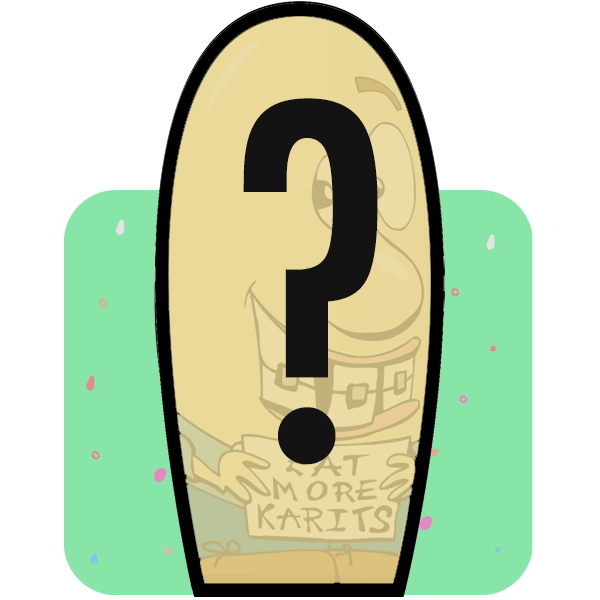Hey, monkey face, why weren’t you at school today?” Kashi shouted.
Jiwan looked up and saw Kashi and Manos walking toward him.
“Because he’s as stupid as he looks,” said Manos. “See, he can’t even talk.”
Jiwan’s hands tightened into fists. His heart pounded. He kicked at a pebble that lay in front of him and then watched the pebble skitter down the dirt path. He kicked at another pebble and then another.
“Ooh, you’re so scary,” Manos called after Jiwan.
“Yeah,” Kashi said, laughing. “He’s so ugly, he scares his own mother!”
Jiwan shifted the basket of buffalo grass on his back and kept walking. He wished he could walk forever. He never wanted to see Kashi or Manos again. He hated them.
Jiwan knew a lot about hate. He hated mirrors. He hated the horror he saw in strangers’ eyes before they looked away. He hated not going to school. He hated that his mother cried late at night because of him.
Jiwan belonged to a poor family in Nepal. He was tall for his age and had golden skin and dark hair that was cropped close to his head. He had large, expressive eyes like his mother’s and ears that turned outward just like his father’s.
Jiwan was stronger than the other boys. He could carry more buffalo grass on his widening shoulders. And he could skip a stone across the small pond by the rice field. Not that anyone cares, thought Jiwan. I’m a monster.
Thirteen years before, Jiwan had been born with a cleft palate. There was a hole between his nose and the top of his mouth. His upper lip was broken into four pieces. He couldn’t close his mouth or even smile. He preferred to eat alone because food spilled out of his gaping mouth.
Several years ago Jiwan had gone to school with Manos and Kashi. They had learned how to read together. Even though the kids made fun of him, Jiwan loved school. While he was learning, he could forget about his face. The worst day of his life was when his father pulled him out of school.
“We can’t afford to waste money on you,” his father had said.
Those words had hurt more than his classmates’ insults. Jiwan’s mother had squeezed his shoulder and smiled at him, but nothing could erase the pain.
Now as Jiwan walked along the road gathering buffalo grass, he saw a newspaper. He picked it up and flipped through it. The pages were yellow and covered with dirt.
Jiwan was about to tuck the paper into his basket when he saw a picture. He gasped. The picture was of a girl who looked much like him. The beauty of her dark eyes was overshadowed by a large hole that seemed to swallow up her face. But it was the next picture that sent a shiver through his body. In that picture the girl was smiling brightly. The hole in her face was gone!
Jiwan quickly filled his basket with grass and raced home.
“Ama! Ama!” he called to his mother. “Come look!”
He smoothed the newspaper on their small table and showed her the pictures. His mother couldn’t read, so she listened as Jiwan told the good news.
“Banepa is a long way from here, Jiwan,” she finally said. She spoke the words sadly. “I do not think we can afford this. Please do not get your hopes up.”
Jiwan felt as though he’d been punched in the stomach. Tears welled up in his eyes, but he pushed them back. Maybe, just maybe, his father would take him.
That night Jiwan stood anxiously as his father looked at the newspaper article. Several minutes went by, and still his father said nothing. Finally his father sighed, folded the newspaper, and returned it to the table.
Jiwan couldn’t bear to stay and hear his father say no. He raced out the door and ran across the yard to where the buffalo stood chewing the grass he had gathered. Jiwan dropped to his knees and sobbed. Life stretched out before him, hopeless and miserable. He was always going to pick grass for this big beast. He was always going to be a family burden.
“Get up,” his father said, standing over him. His voice was gruff, but a smile quivered on his face. “There’s a lot to do if we’re going to Banepa in the morning.”
“Really?” Jiwan asked, throwing his arms around his father.
Jiwan didn’t realize it, but his father was more excited than he was. Jiwan’s father loved him deeply. He had taken Jiwan out of school more to save him from the insults than to save money.
Two days later, dusty but happy, Jiwan and his father arrived in Banepa. They asked a shop owner where they could find the place that made new faces.
“You need to go to ADRA,” the man said, giving them directions.
As soon as Jiwan arrived at ADRA he knew that everything would be all right. ADRA was different. The people didn’t look at Jiwan in horror, and the nurses were gentle.
Even though Jiwan was frightened, he felt fortunate to be there. Before the operation a doctor prayed for Jiwan. The last thing Jiwan remembered before falling asleep was a bright light.
When Jiwan awoke from surgery, his face felt tight and sore. His fingers reached up and tenderly touched his mouth. There was no gaping hole. A nurse brought a mirror, and for the first time Jiwan didn’t cringe at his own face. Now his lips curved up at the corners–he could smile!
Jiwan’s father didn’t have to pay for the operation that changed Jiwan’s life. It was ADRA’s gift.
Illustrated by Ralph Butler


